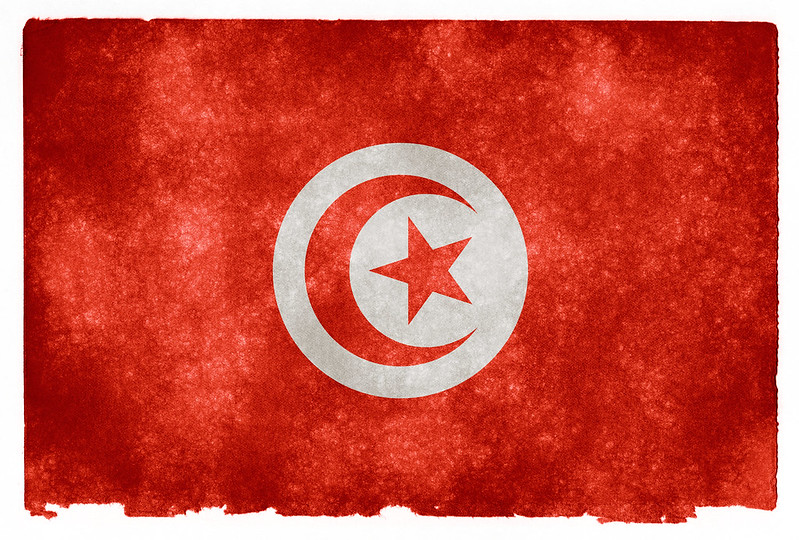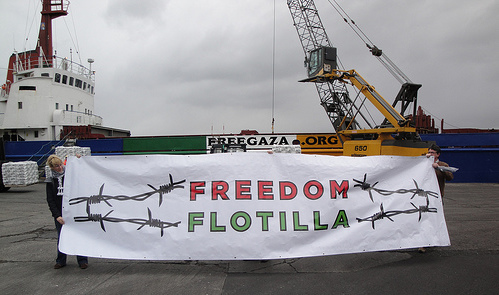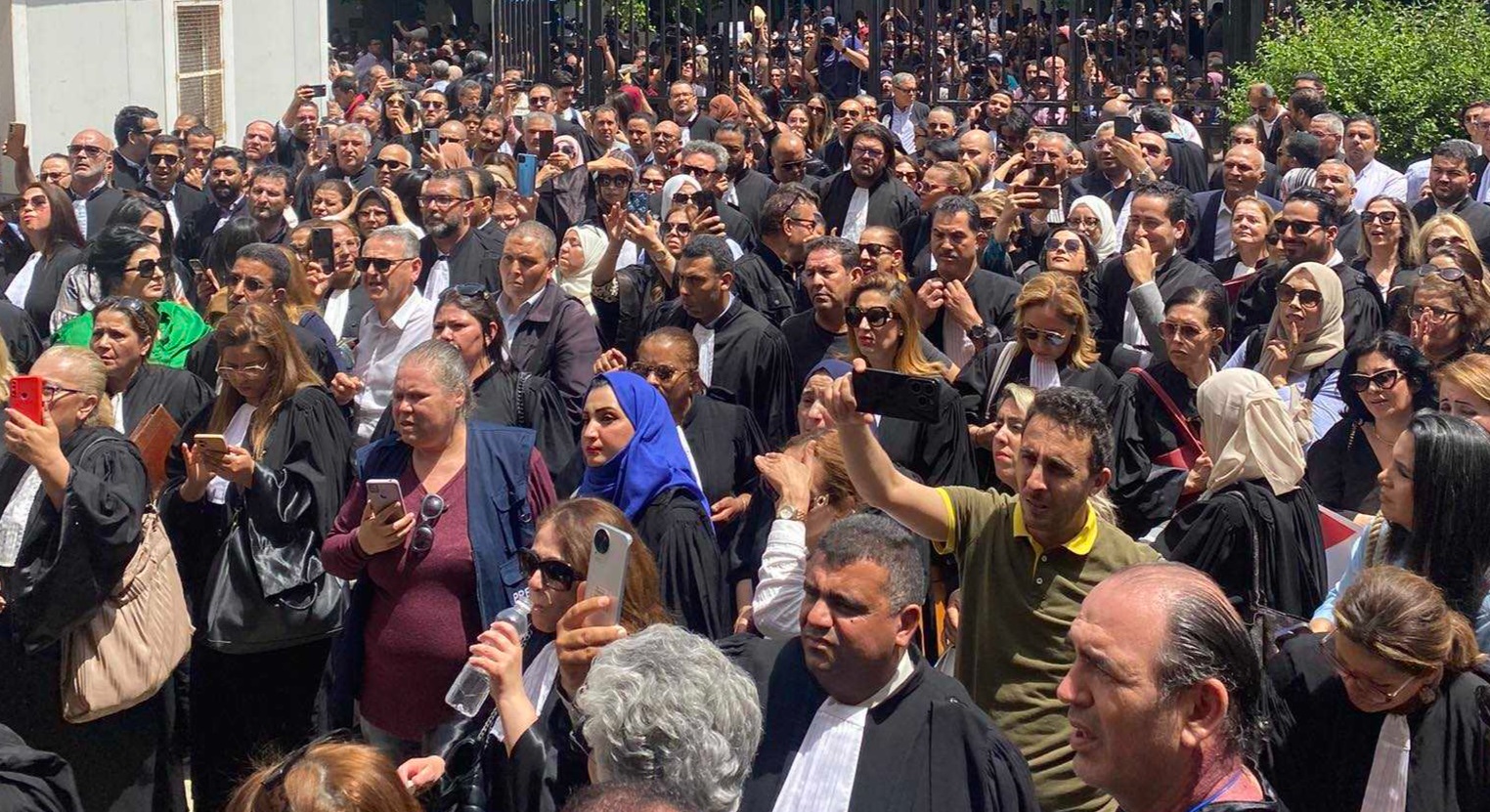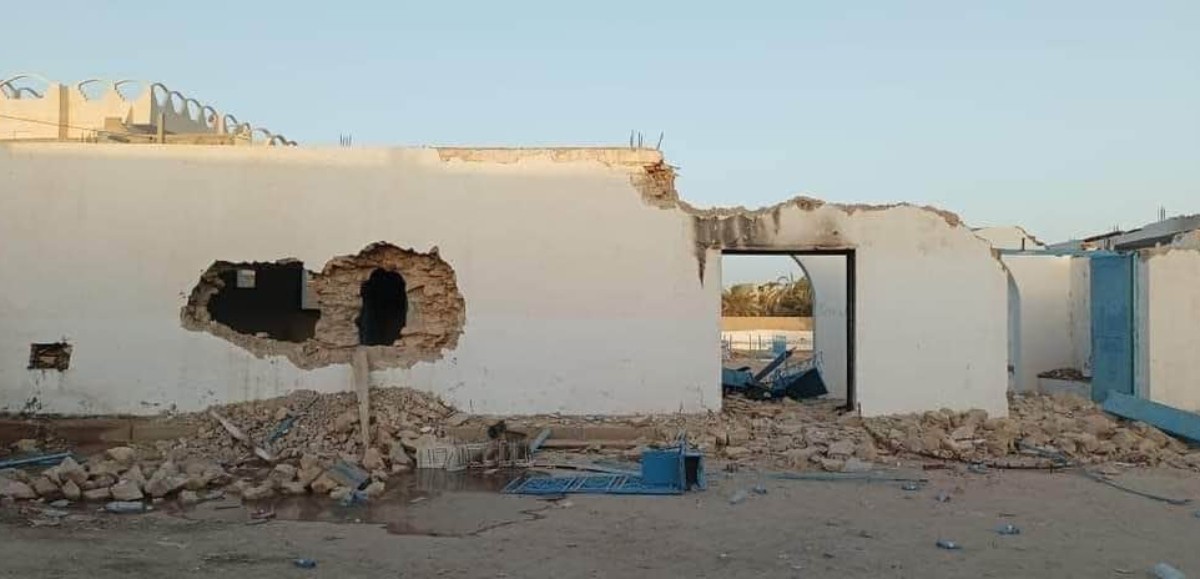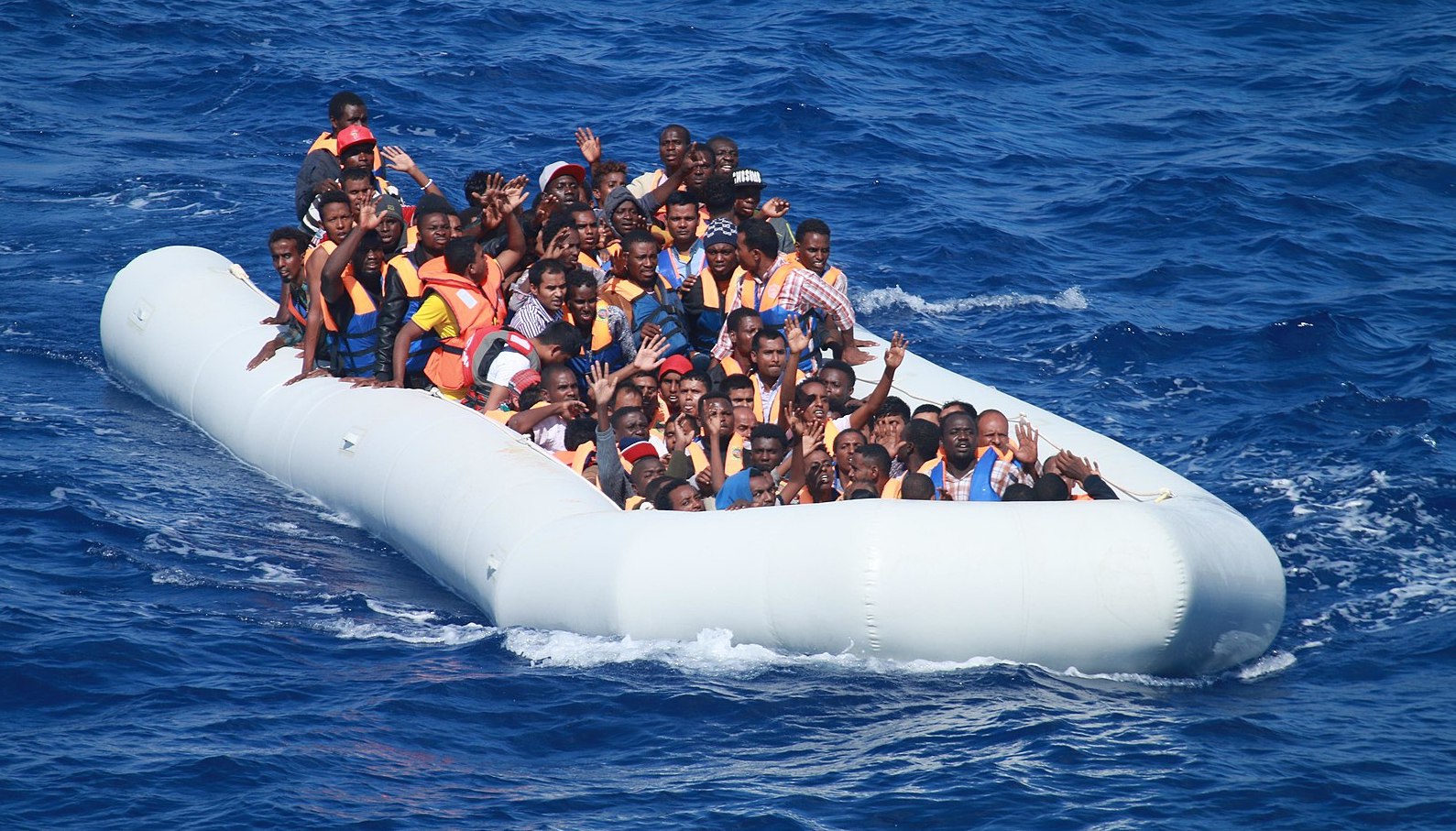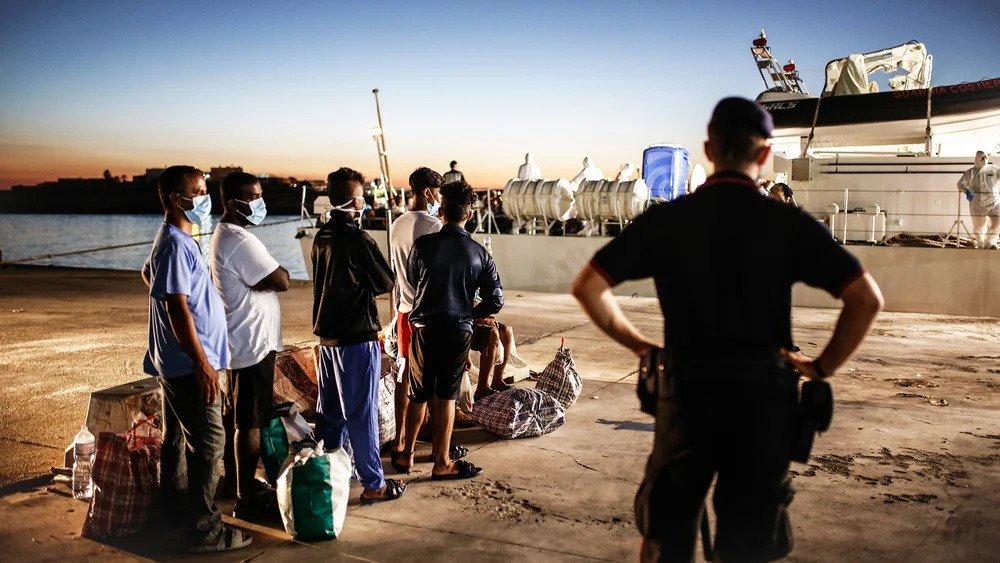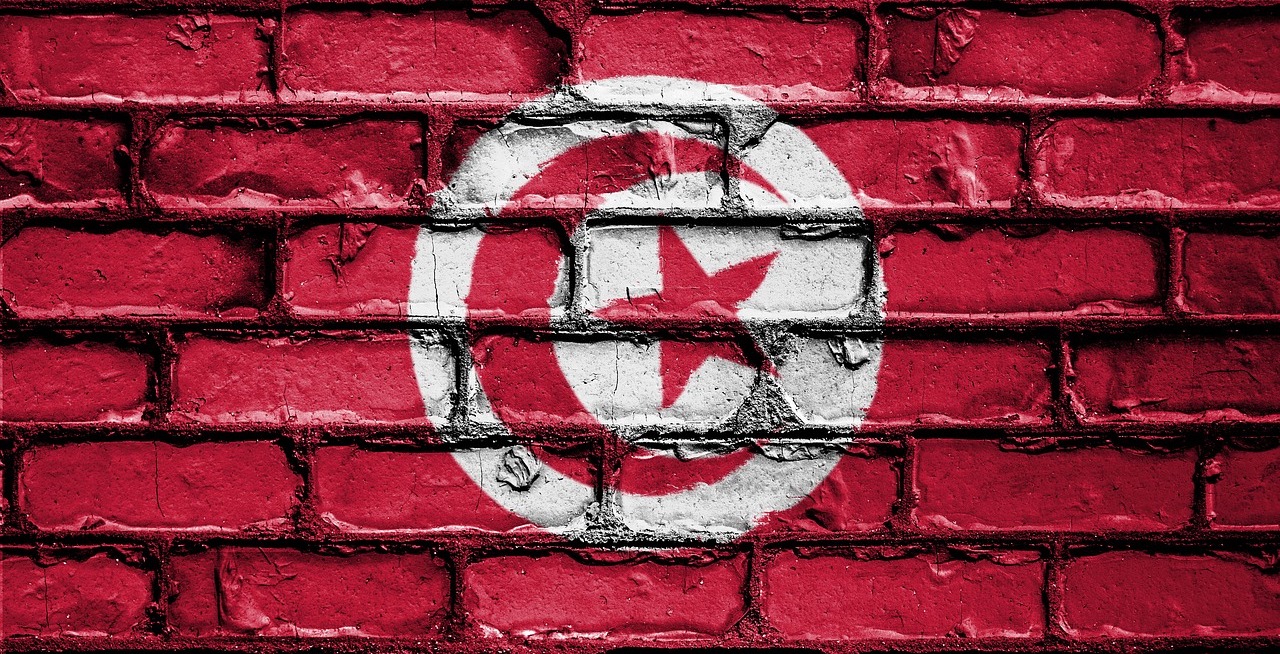
Tunisia government ‘suspends’ migrant rights group
The Tunisian government ordered a prominent advocacy organization, the Tunisian Forum for Social & Economic Rights (FTDES), to suspend its activities for one month. The organization has been outspoken in its criticism of President Kais Saied’s crackdown on Black African asylum seekers and migrants in the country, and his promotion of racist tropes about migration. The move comes amid a broader repression of civil society. (Image: Pixabay)




